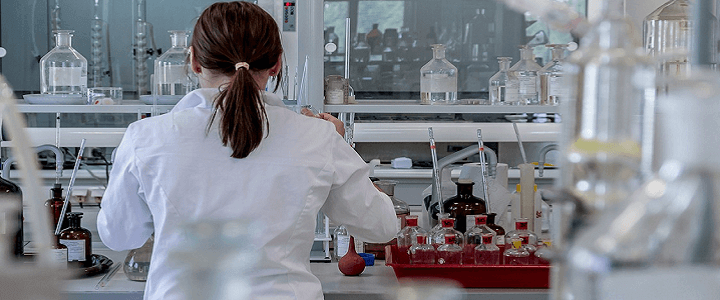If you’ve ever experienced the discomfort of urinating in a small cup while a nurse lurks behind you, chances are good that a pre-employment drug test doesn’t rank high on your list of fun things to repeat.
I’ve partaken in that joy three times in my life, most recently as part of the onboarding process for White House staff some thirteen years ago. And despite the passage of time, I still remember it well – not because I was worried about failing, but because it’s just an awkward experience all-around.
Nowadays, I frequently encounter drug tests in the context of security clearance holders who did fail them. Challenging the accuracy of the tests or the process of certifying results is almost never a winning strategy. Most labs are highly controlled, utilize state-of-the-art chain of custody technology, and employ a licensed physician for oversight precisely to rebut such challenges.
However, none of the above safeguards can account for the possibility of a false positive, which is why all drug tests include a pre-test questionnaire inquiring as to any prescribed medication the examinee may be taking that could show-up on a test as an illegal drug.
That’s a helpful and necessary step, but there are also other, non-medicinal substances that can, in rare cases, also produce false positives. Two of those are CBD oil – a compound derived from the cannabis plant that supposedly has therapeutic properties – and poppyseeds commonly found in bagels, bread, and muffins.
CBD Baths and Poppyseed Showers
To put this in context, one has to consume a lot of either substance to get a false positive. Nonetheless, tales abound on the internet of people who had the misfortune of chomping down on a large bagel caked in poppyseeds the morning of their drug test or who lathered up with CBD oil the night prior. Unless you just can’t manage to get through life without that poppyseed bagel or daily dose of CBD oil, why take the risk of consuming either substance within close proximity of a scheduled drug test?
Of course, many drug tests – the post-employment variety – aren’t scheduled, which is precisely their value to the employer. If your job requires random drug testing, perhaps it is worth some lengthier introspection of the risk-reward calculus inherent to consuming these substances in any measurable quantity.
Finally, all security clearance holders should know this: CBD oil is not legal in all fifty states, as this man found out earlier in 2018, and it also remains illegal at the time of this writing under federal law. Thus, while one can argue ignorance or lack of intent, a security clearance holder who uses CBD oil may be treated by the government no differently than one who lights up a marijuana cigarette.
This article is intended as general information only and should not be construed as legal advice. Consult an attorney regarding your specific situation.




